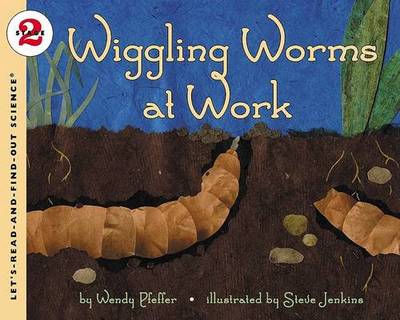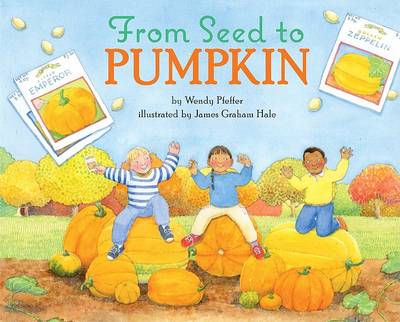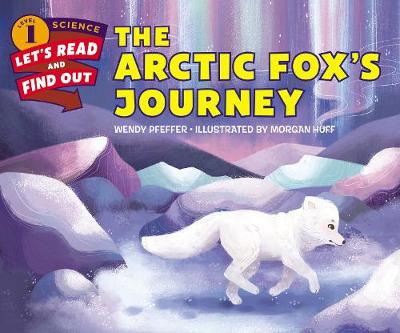Let's-read-and-find-out science
8 total works
Let's-Read-and-Find-Out is the winner of the American Association for the Advancement of Science/Subaru Science Books & Films Prize for Outstanding Science Series.
Winner of the American Association for the Advancement of Science/Subaru Science Books & Films Prize for Outstanding Science Series
A tadpole is a baby frog!
Female frogs lay masses of jelly-coated eggs in the water, but what hatches from each egg isn't a frog yet--it's a tadpole. Tadpoles are likely tiny fish that breathe underwater through gills. As the tadpole gets older, it loses its fishy tail and its gills and grows legs and develops lungs. The tadpole has become a frog. From Tadpole to Frog is a lovely first look at this amazing metamorphosis.
Read and find out about the arctic fox’s quest for survival in this colorfully illustrated nonfiction picture book.
During the winter, the arctic fox begins an incredible journey. She heads north through the tundra, toward the top of the world. No larger than a house cat, she faces treacherous obstacles, frightening predators, and bitter cold along the way.
It seems impossible that she could persist against the elements on her almost 2,000-mile journey—but she does.
This is a clear and appealing science book for early elementary age kids, both at home and in the classroom. The Arctic Fox’s Journey is filled with gorgeous, accurate art and includes tons of visual aids like charts, sidebars, an infographic, as well as a hands-on activity all about camouflage.
This is a Level 1 Let's-Read-and-Find-Out, which means the book explores introductory concepts perfect for children in the primary grades. The 100+ titles in this leading nonfiction series are:
- hands-on and visual
- acclaimed and trusted
- great for classrooms
Top 10 reasons to love LRFOs:
- Entertain and educate at the same time
- Have appealing, child-centered topics
- Developmentally appropriate for emerging readers
- Focused; answering questions instead of using survey approach
- Employ engaging picture book quality illustrations
- Use simple charts and graphics to improve visual literacy skills
- Feature hands-on activities to engage young scientists
- Meet national science education standards
- Written/illustrated by award-winning authors/illustrators & vetted by an expert in the field
- Over 130 titles in print, meeting a wide range of kids' scientific interests
Books in this series support the Common Core Learning Standards, Next Generation Science Standards, and the Science, Technology, Engineering, and Math (STEM) standards. Let's-Read-and-Find-Out is the winner of the American Association for the Advancement of Science/Subaru Science Books & Films Prize for Outstanding Science Series.







